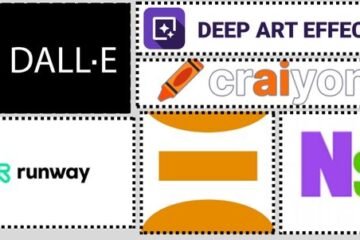Explore ten innovative gadgets that have the potential to completely transform daily life and take a trip into the future. These breakthroughs promise to change the way we work, live, and connect. Examples include AI-powered house assistants that orchestrate smooth living and the thrilling experience of virtual reality gaming. As we explore a future where innovation has no boundaries, join us in discovering the possibilities of wearable technology, smart homes, futuristic transportation, and more. Prepare to welcome a future characterized by ease and technology coming together.




0 Comments